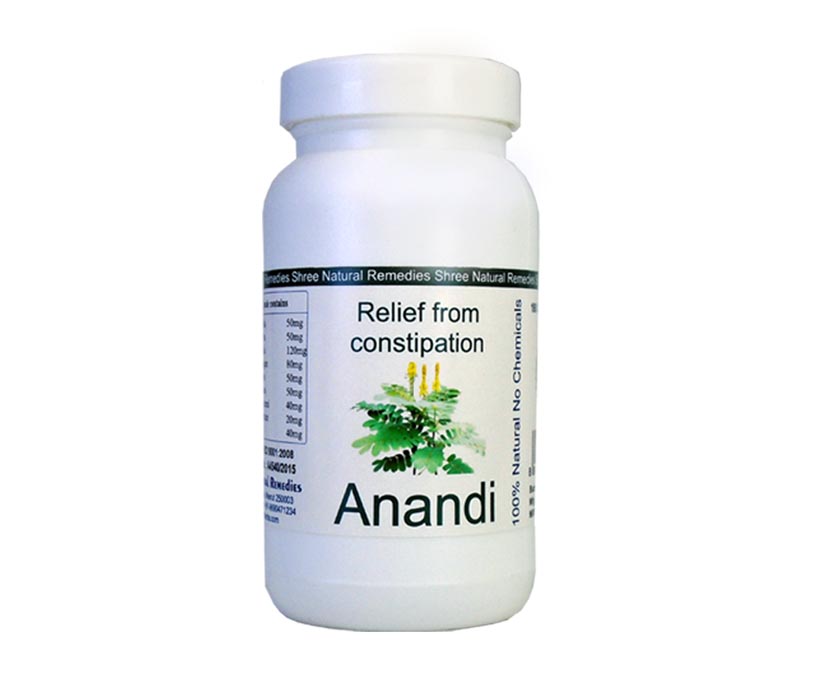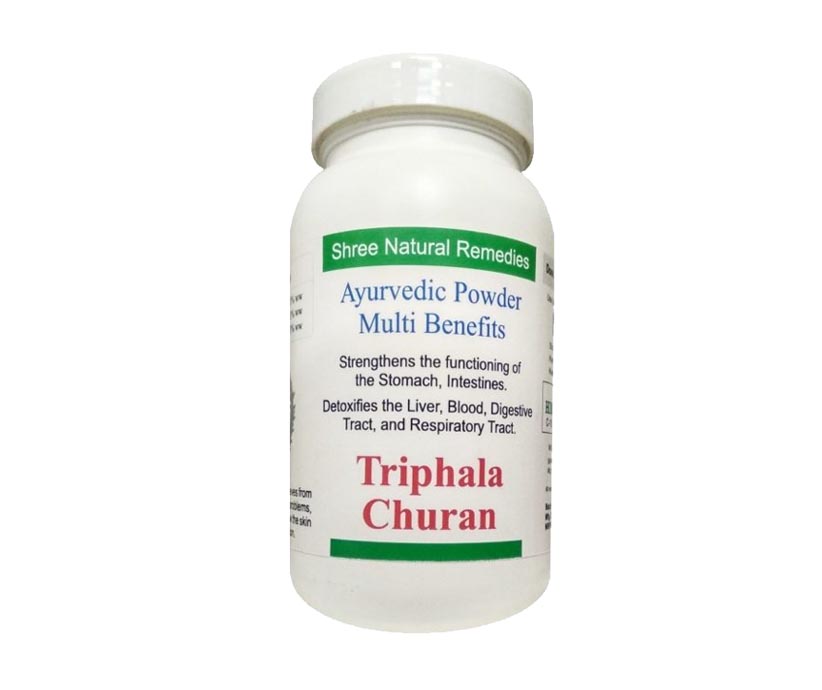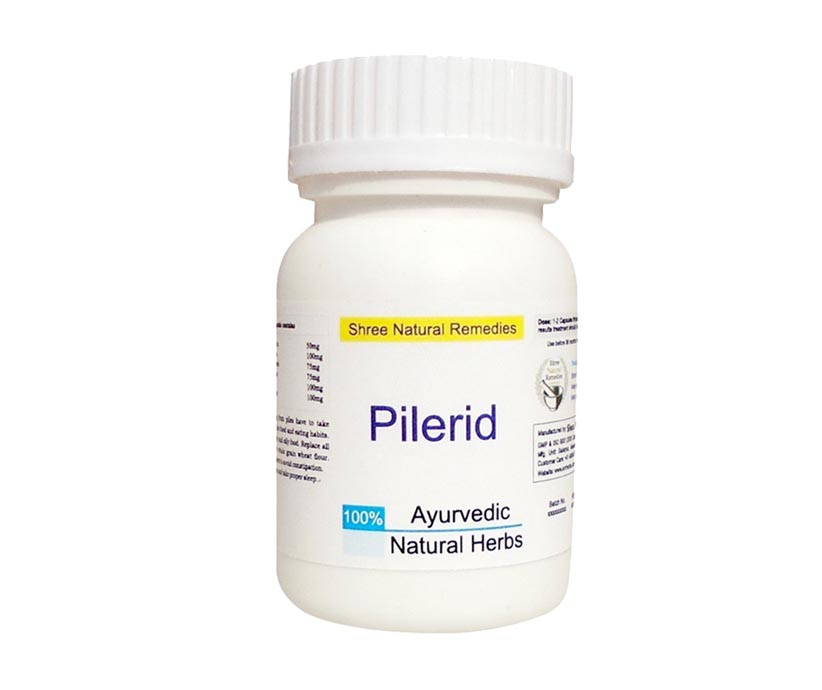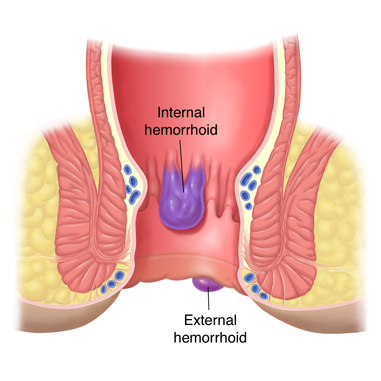Hemorrhoids Piles
Hemorrhoids, also called piles, are swollen veins in your anus and lower rectum, similar to varicose veins. Hemorrhoids can develop inside the rectum (internal hemorrhoids) or under the skin around the anus (external hemorrhoids).
Haemorrhoids are usually caused by straining during bowel movements, obesity or pregnancy. The root cause is constipation.
Discomfort is a common symptom, especially during bowel movements or when sitting. Other symptoms include itching and bleeding.
A high-fibre diet can be effective, along with stool softeners. In some cases, a medical procedure to remove the haemorrhoid may be needed to provide relief.
Nearly three out of four adults will have hemorrhoids from time to time.
Fortunately, effective options are available to treat hemorrhoids rather than going for surgery as surgery is not the permanent solution of hemorrhoids. We treat hemorrhoids with ayurveda and homeopathy. Many people get relief with home treatments and lifestyle changes.
Internal hemorrhoids
Internal hemorrhoids lie inside the rectum. You usually can't see or feel them, and they rarely cause discomfort. But straining or irritation when passing stool can cause:
Painless bleeding during bowel movements. You might notice small amounts of bright red blood on your toilet tissue or in the toilet.
A hemorrhoid to push through the anal opening (prolapsed or protruding hemorrhoid), resulting in pain and irritation.
Thrombosed hemorrhoids
If blood pools in an external hemorrhoid and forms a clot (thrombus), it can result in:
Severe pain
Swelling
Inflammation
A hard lump near your anus
Pilerid is a combination of Ayurvedic and Homeopathic formulation that can give relief in bleeding hemorrhoid within 24 hrs.
Constipation and prolonged straining are widely believed to cause hemorrhoids because hard stool and increased intraabdominal pressure could cause obstruction of venous return, resulting in engorgement of the hemorrhoidal plexus. Defecation of hard fecal material increases shearing force on the anal cushions.
Lifestyle modification should also be advised to any patients with any degree of hemorrhoids as a part of treatment and as a preventive measure. These changes include increasing the intake of dietary fiber and oral fluids, reducing consumption of fat, having regular exercise, improving anal hygiene, abstaining from both straining and reading on the toilet, and avoiding medication that causes constipation or diarrhea.




